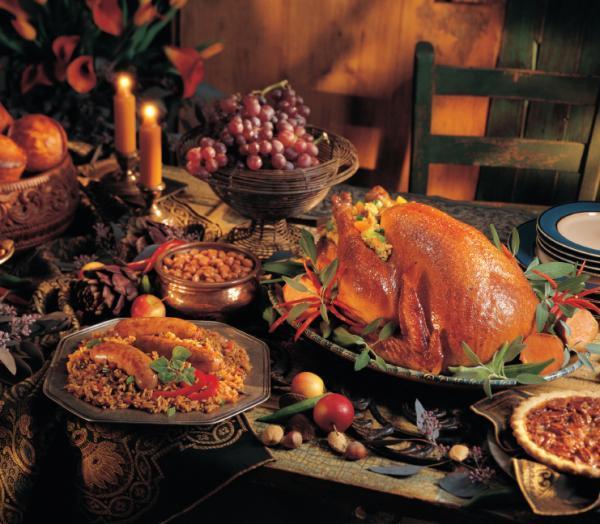Therefore as by the offence of one judgment came upon all men to condemnation; even so by the righteousness of one the free gift came upon all men unto justification of life. For as by one man’s disobedience many were made sinners, so also by one Man’s obedience many will be made righteous.
Now were we to take this as some would we would have to embrace a Universalist doctrine. We would be forced to say that as the free gift came upon all men unto justification of life therefore all men are justified. This of course proves too much. Orthodox Christians understand that other Scriptures clearly don’t allow for Universalism and therefore by comparing Scripture with Scripture we don’t believe this text is teaching universalism although some might think that is the face value of the text.
Neither can we get a Hypothetical universalism out of this text. There is nothing in Romans 5:12-21 that would indicate to us that Jesus only made Justification hypothetical or only possible. For example vs. 16 says the free gift resulted in justification. Vs. 16 does not say that the free gift resulted in possible justification. What Christ accomplished on the Cross was justification for His people, not a hypothetical justification for a hypothetical people.
We would note that Rm. 5:18-19 is a conclusionary statement summing up what the Apostle has set out in vs. 12-17. That which the Apostle has set out in those verses is the relationship between Adam as a Federal Head and all those in Him and the relationship between Christ as a Federal head and all those in Him.
Note vs. 16 — Judgment from one offense resulted in condemnation. To whom does this Condemnation apply? Well to all who are Federally united to the First Adam (cmp. vs. 12) Meanwhile the Free gift results in Justification. To whom does this Justification apply? Well for all who were and are Federally united to the Second Adam.
Now we turn to the word “all” in Romans 5:18
Therefore as by the offense of one judgment came upon all men to condemnation;
I would say given the way the Apostle’s argument has developed in 12f that the first “all” is inclusive of all those who ever were Federally united to Adam. (Which means everybody since, “In Adam’s fall we sinned all”)
continuing in Romans 5:18
“even so by the righteousness of one the free gift came upon all men unto justification of life.”
Similarly I would say given the way the Apostles argument has developed in 12f that this second “all” is an all that is just as inclusive as the first all, with the understanding that it is referring to the “all” that are Federally united to the Second Adam.
So, the word “all” is the first instance is referring to the all who have been united to the First Adam. While the second all is speaking of a different all, to wit, all those united to the Second Adam.
So, the word all here does not apply to the same grouping of people but still is appropriate given that it applies to the total that is related to each Federal Head (Adam and Christ respectively). All of this is supported by the main thrust of the Apostle’s analogy. To wit, that there is a parallel between Adam and Christ in that condemnation and justification are the direct fruit of their disobedience and obedience. To say that all bore the fruit of condemnation from their Federal relation to Adam and that all might only possibly bear the fruit of justification by their possible relation to the Second Adam completely deconstructs the Apostles analogy. Being Federally united to Christ had consequences that were never merely possible just as being in Adam had consequences that were never merely possible.
